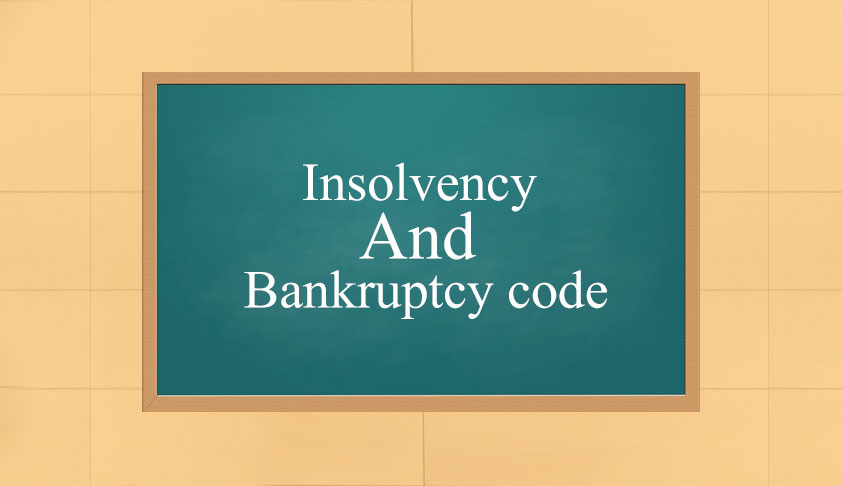PRIVACY & PERSONAL DATA PROTECTION: EMPHASIS
In the background of recent security breaches and computer databases hacks the protection of databases assumes utmost priority. The loss of data or its derivatives could lead to data hacks, personal data misuse, illegal financial transactions and abuse of the...
Continue reading







